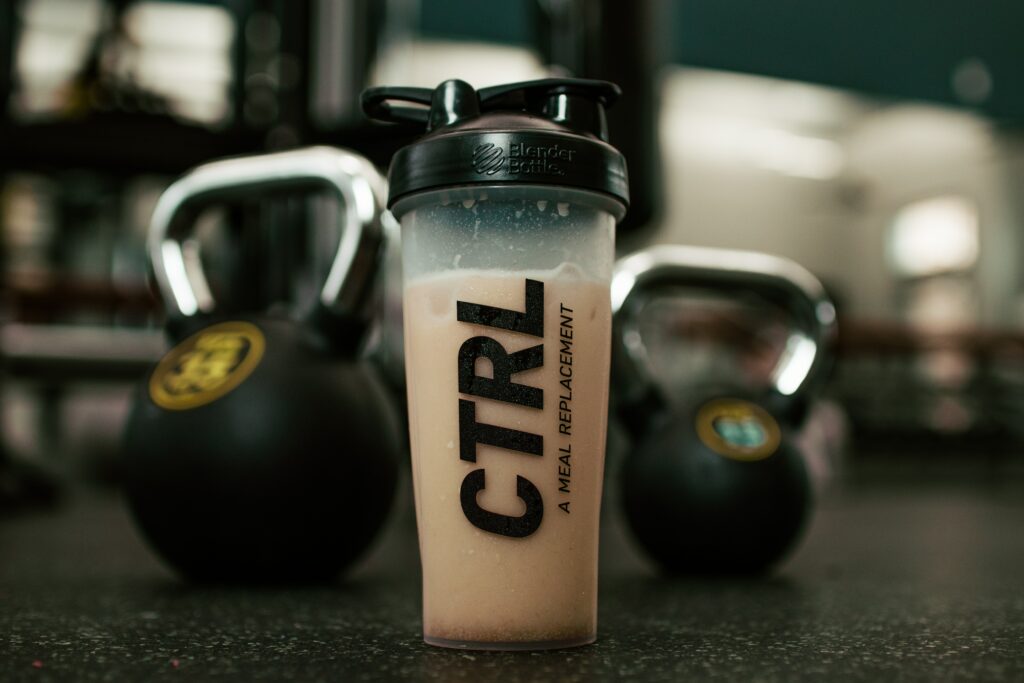Powerlifting is a sport that demands not only mental and physical strength but also a sound and strategic approach to nutrition. The fuel a powerlifter consumes can be the determining factor between a missed lift and a new personal record. Amidst the plethora of information available, discerning between evidence-based advice and “bro science” can be a challenge. Without proper nutrition, even the most rigorous training regimen can fall short of its potential.

Foundational Nutritional Strategies for Powerlifters
At the heart of powerlifting nutrition is the need to support muscle growth, aid recovery, and ensure optimal energy for training. This typically means a diet rich in protein, ample carbohydrates, and healthy fats. Jessica Pfund, an accomplished athlete and expert in powerlifting, often emphasizes the importance of maintaining a balanced intake. According to Pfund, focusing on whole foods, ensuring adequate hydration, and tailoring calorie intake to training demands are foundational principles. These guidelines also support longevity in the sport and overall health.
Fad Diets and Powerlifting
There’s no shortage of fad diets in the fitness world, and powerlifters are not immune to their allure. Here’s a brief look at some popular diets and their pros and cons for powerlifters:
- Ketogenic Diet: A high-fat, low-carb approach.
- Pros: Can lead to fat loss and might provide steady energy.
- Cons: Carbohydrates are a primary fuel source for intense workouts. A lack of carbs might hinder performance during heavy lifting sessions.
- Intermittent Fasting: Eating within a specific window and fasting for the remainder of the day.
- Pros: Some find it beneficial for fat loss and improved focus.
- Cons: The restricted eating window might make it challenging to consume enough calories and nutrients, possibly affecting recovery and energy.
- Paleo Diet: A diet focusing on whole foods and eliminating grains, dairy, and processed items.
- Pros: Emphasizes nutrient-dense foods, which can support overall health.
- Cons: Eliminating entire food groups can limit nutrient variety and might make it challenging to get enough carbs for energy.
For powerlifters, it’s crucial to weigh the pros and cons of any diet against individual training needs. Jessica Pfund’s experiences have shown that while it’s possible to integrate elements from various diets, a balanced approach tailored to one’s specific needs often yields the best results. It’s also beneficial to consult with a nutritionist or dietitian, especially when considering drastic dietary changes.
Navigating ‘Bro Science’
The term “bro science” refers to anecdotal advice often rooted in personal experiences rather than scientific evidence. While there’s value in learning from the experiences of seasoned powerlifters, it’s crucial to differentiate between tried-and-true advice and myths. Common “bro science” myths include:
- High Protein Consumption: While protein is essential for muscle recovery and growth, consuming excessively high amounts won’t necessarily yield more muscle. There’s a limit to how much protein the body can utilize for muscle synthesis. It’s always a good rule of thumb to balance protein intake with carbs and fats.
- Avoiding All Fats: Some believe that fat hinders performance. In reality, fats are vital for hormone production and energy. Not all fats are created equal, and understanding this can greatly benefit powerlifters.
- Carb Loading Only on Training Days: While it’s true that carbs fuel workouts, they also aid recovery on rest days. Constantly tweaking carb intake without understanding one’s energy output can lead to inconsistencies in training.
Jessica Pfund’s Insightful Nutritional Experiences
As a seasoned powerlifter, Jessica Pfund’s insights into nutrition come from both her personal journey and her observations of the powerlifting community. She’s seen the impact of fad diets on performance and always advocates for a balanced approach. According to Pfund, while experimenting with nutrition can lead to valuable insights, it’s essential to prioritize long-term health and performance over short-term gains. Her experiences underscore the importance of being wary of extreme dietary restrictions and the allure of quick fixes. Gleaning from her journey can provide powerlifters with actionable strategies to enhance their performance.
Conclusion
For powerlifters, nutrition is a pillar of performance. While there are many dietary strategies and approaches available, it’s essential to be discerning, prioritizing evidence-based advice over “bro science”. Jessica Pfund’s experiences in powerlifting emphasize the value of a balanced and tailored approach, ensuring that the body is adequately fueled and supported for both training and recovery. In the quest for strength and performance, nutrition plays a pivotal role, deserving both attention and intention. To achieve optimal results, powerlifters should remain adaptive and continually educate themselves.
